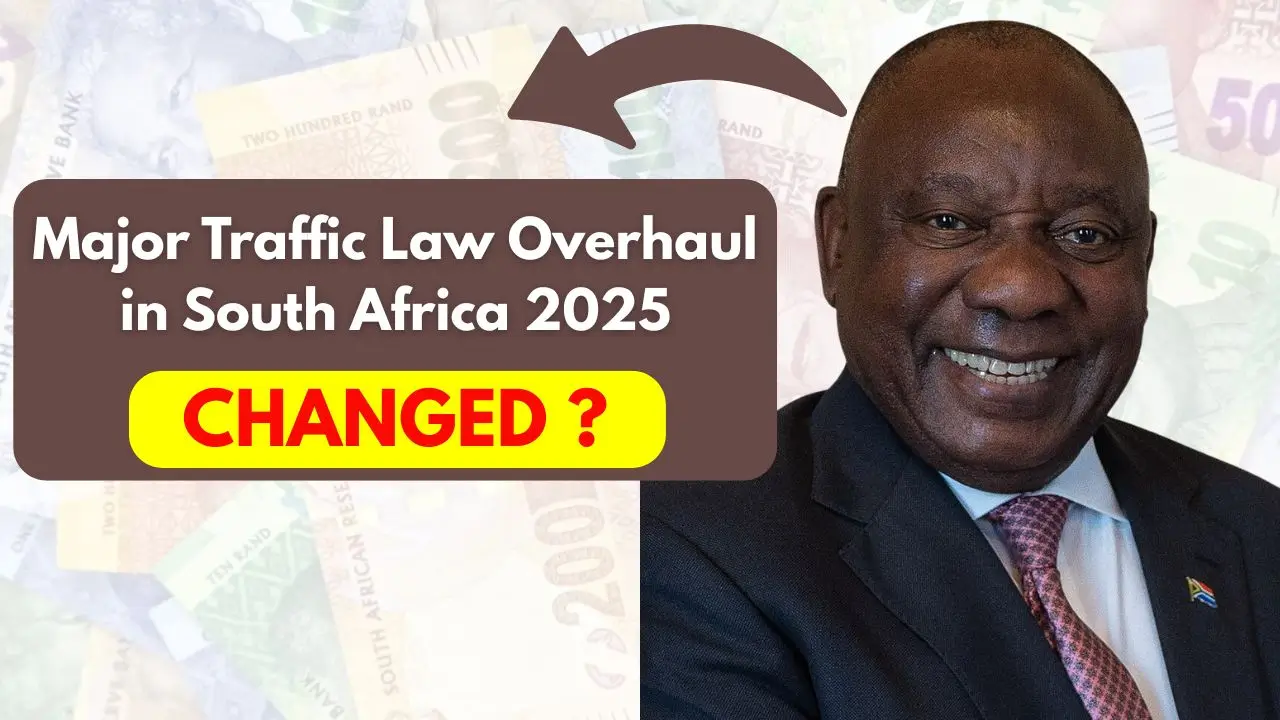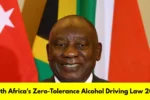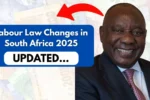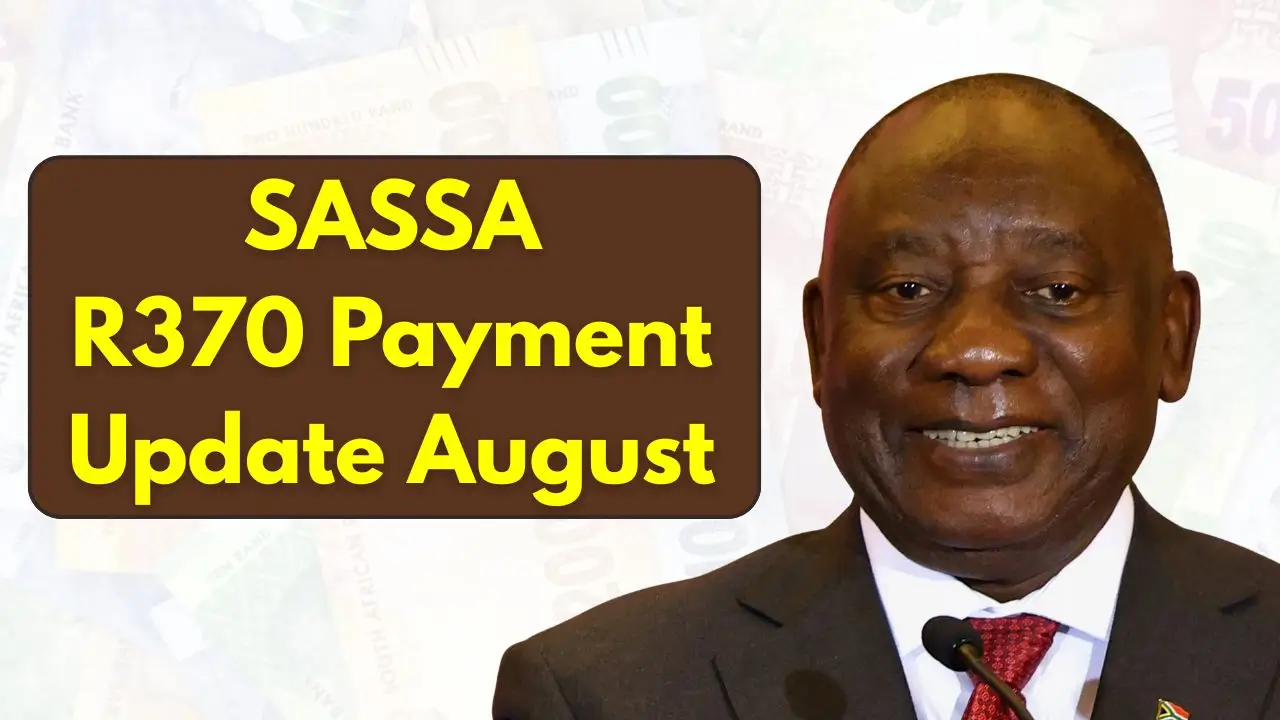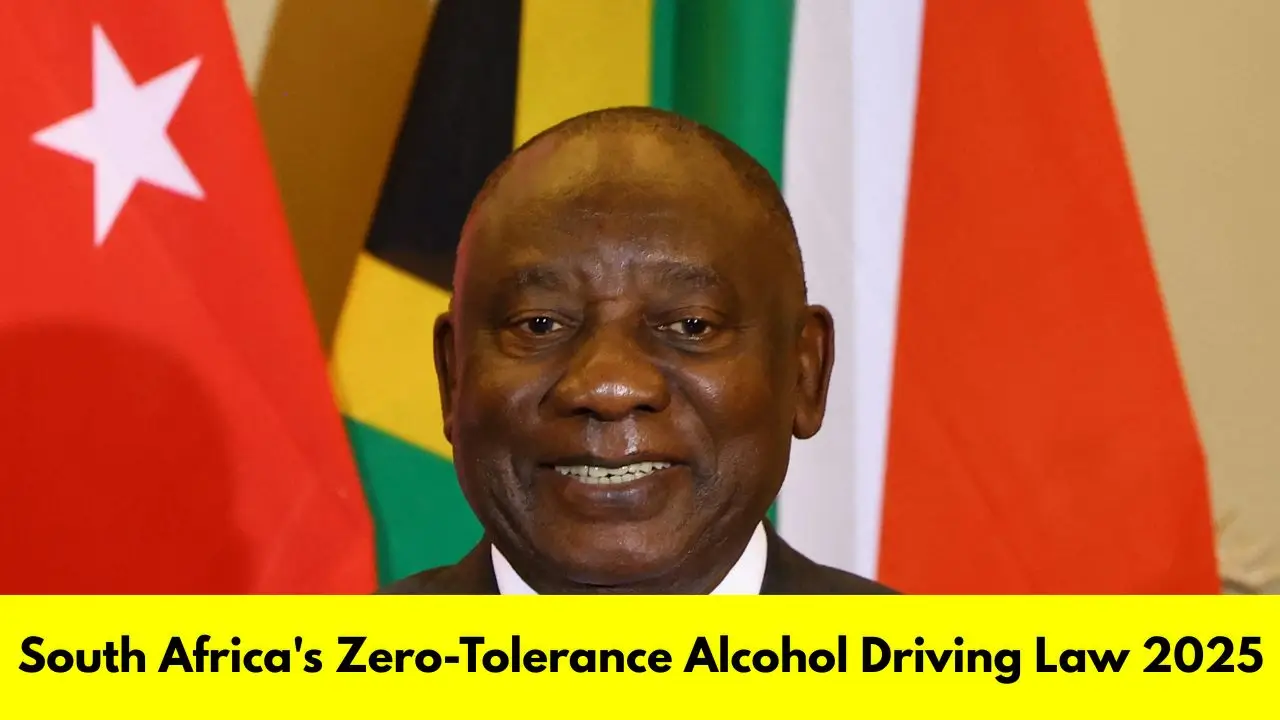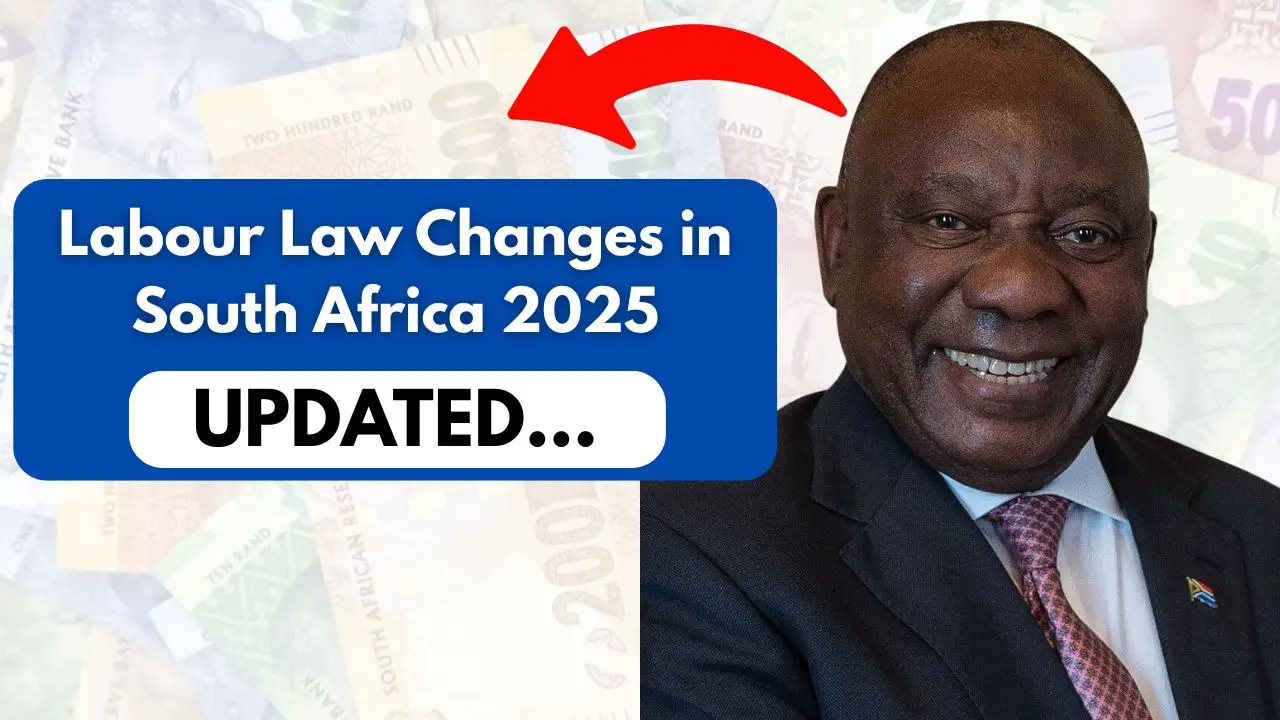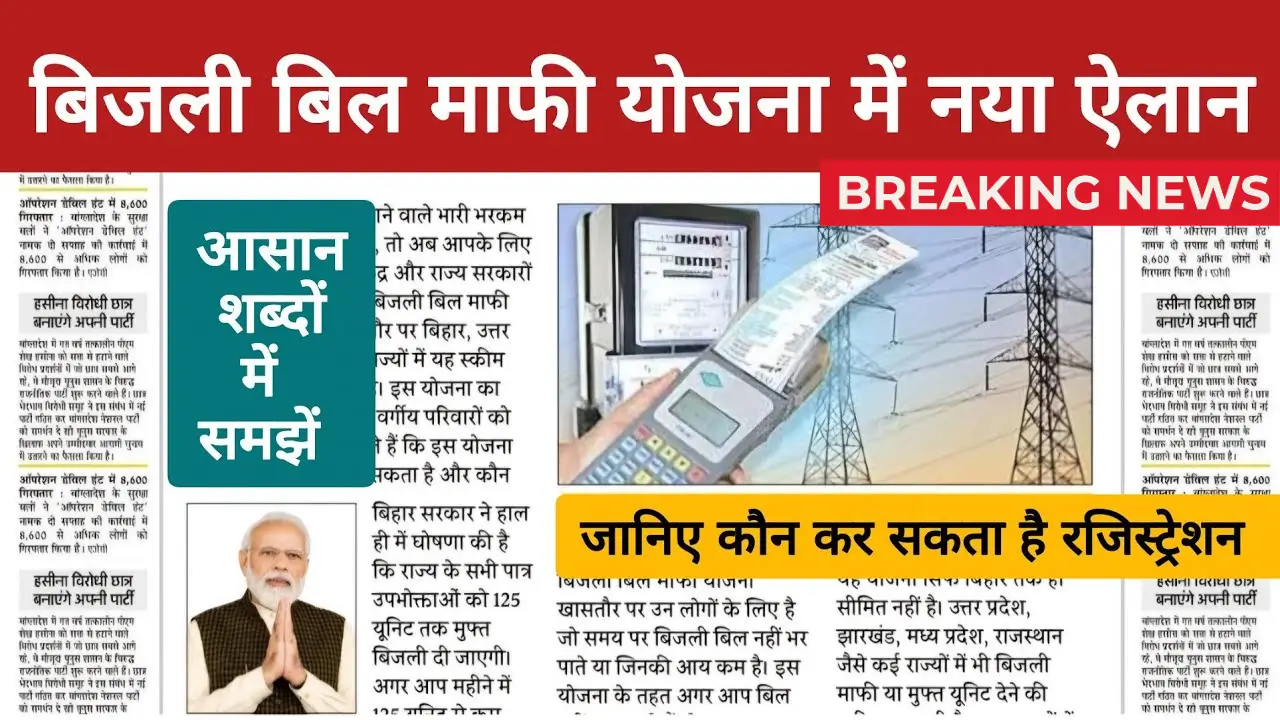In 2025, South Africa embarked on a significant overhaul of its traffic laws aimed at enhancing road safety and compliance. These sweeping changes introduce a revamped demerit points system, stricter speeding fines, new regulations on phone use while driving, and more rigorous rules for novice drivers.
While the legislation targets safer roads for South African motorists, its implications also resonate with the broader global context of road safety reformers, including those in the United States, who can observe these measures as a case study in progressive traffic management.
Revised Speed Limits and Penalties
One of the most noticeable changes came in the form of revised speed limits, particularly in pedestrian and accident-prone areas. Urban residential zones and school vicinities saw speed limits drop from 40 km/h (about 25 mph) to 30 km/h (about 19 mph), reflecting a growing focus on protecting vulnerable pedestrians and encouraging safer community environments.
Rural roads with poor visibility also had their limits lowered to 80 km/h (about 50 mph). Speeding penalties have increased accordingly, with substantial fines accompanied by corresponding demerit points.
New Road Traffic Offense Penalties (2025)
| Violation Category | Penalty Range (Rand) | Demerit Points | Additional Penalties |
|---|---|---|---|
| Speeding (varies by excess speed) | R1,250 – R3,500 | 2 – 6 | Warning notices to court appearances |
| Using mobile phone while driving | R5,000 | 3 | Possible 6-month license suspension |
| Drunk driving (lower BAC limit 0.02%) | R10,000+ | 6 | Possible arrest and court case |
| Failure to wear seatbelt | R1,000 | 1 | On-the-spot fine |
| Jumping red light | R3,500 | 6 | Immediate fines and points |
The above table illustrates key offenses and their penalties under the 2025 revision. Of particular note is the stiff penalty for mobile phone use: any hand-held device use while driving is now strictly banned and heavily fined. This aligns with international recognition of distracted driving being a major contributor to accidents.
Demerit Points System and License Suspensions
At the heart of the overhaul is the implementation of an upgraded demerit points system under South Africa’s Administrative Adjudication of Road Traffic Offences (AARTO) Act. This system assigns points to different traffic violations; accumulating points leads to suspension or cancellation of a driver’s license.
Every driver begins with zero points, with points assigned depending on the severity of the offense (ranging from 1 to 6 points). Accumulating 12 points now triggers an automatic 3-month license suspension. Further infractions can lead to repeated suspensions, and three suspensions within 24 months can cause complete license cancellation, forcing a retesting and reapplication process.
The digitalization of the system allows drivers to track their points in real-time through government portals, fostering transparency and accountability.
The system also features a decay mechanism where if a driver goes three months without any infractions, one demerit point is deducted from their record. This incentivizes better behavior over time and supports rehabilitation rather than only punishment.
Stricter Rules for New and Probationary Drivers
A fresh layer of regulation targets new drivers, particularly during their initial 6 months of licensure. Newly licensed drivers face a curfew banning driving between 10 PM and 4 AM unless for work-related, documented reasons. This restriction is designed to reduce high-risk nocturnal driving incidents that disproportionately affect inexperienced drivers. Violations result in fines and accumulation of demerit points.
Such probationary period restrictions mirror practices seen internationally, where additional safeguards are imposed for novice drivers to improve their skills and safety awareness.
Lower Blood Alcohol Content Limit
The legal blood alcohol concentration (BAC) limit has been lowered from 0.05% to 0.02% for private drivers. This adjustment responds to ongoing concerns about drunk driving, with high fines, significant demerit points, and possible arrests targeted at offenders. This aligns South Africa with some of the strictest global standards, exemplifying a no-tolerance approach to impaired driving.
Implications for the United States Audience
While this reform directly applies to South African roads, its themes resonate globally. The United States, despite having varied laws by state, faces similar challenges around speeding, distracted driving, and young driver safety.
Observing South Africa’s integrated approach—especially the digitized demerit points system tied directly to license suspension and the emphasis on tackling mobile phone use—provides a perspective that may inspire further innovations or policy debates stateside.
The incorporation of technology to monitor and manage driving behavior offers a model for improving enforcement efficacy. The approach to graduated driver restrictions during probation aligns with US initiatives on learner permits and graduated driver licensing programs but goes a step further with defined curfew hours and stricter penalties.
Conclusion
South Africa’s 2025 traffic law overhaul represents a comprehensive attempt at reducing road fatalities and enforcing safer driving habits through tougher penalties, a modern digital demerit points system, and targeted protections for vulnerable and inexperienced drivers.
For observers and policymakers in the United States and beyond, it showcases how integrating punitive and preventive measures within a transparent, technology-enabled framework can form the cornerstone of effective road safety reforms. As traffic challenges evolve worldwide, such legislative frameworks may serve as useful benchmarks and sources of innovative approaches to saving lives on the road.
